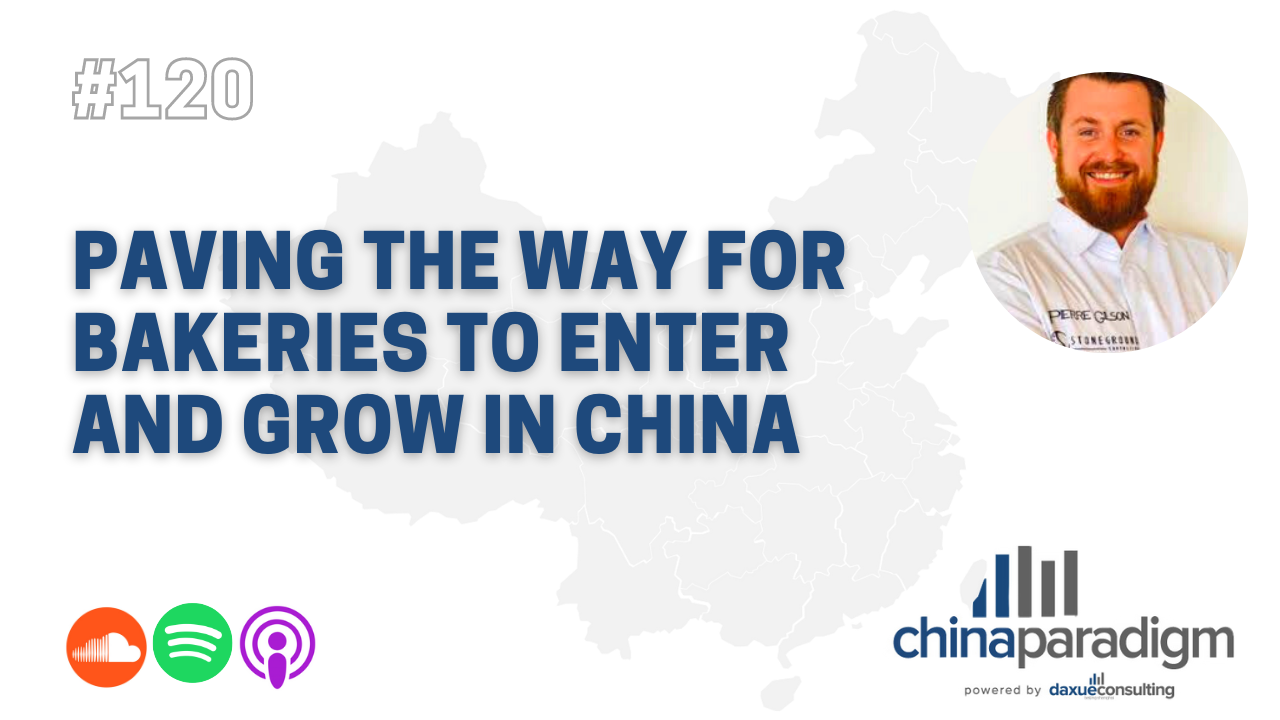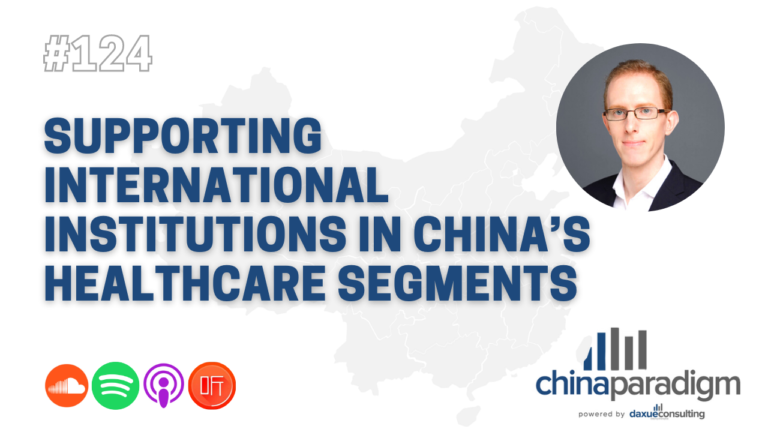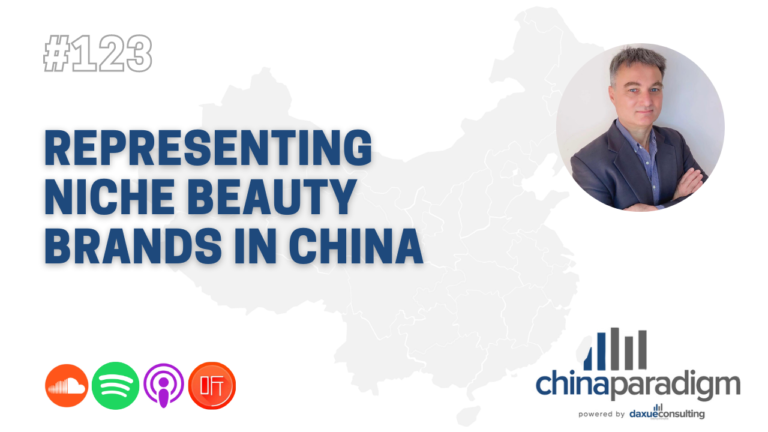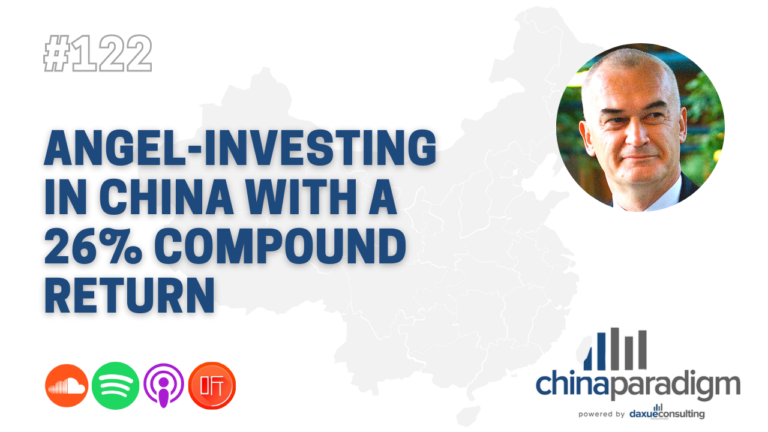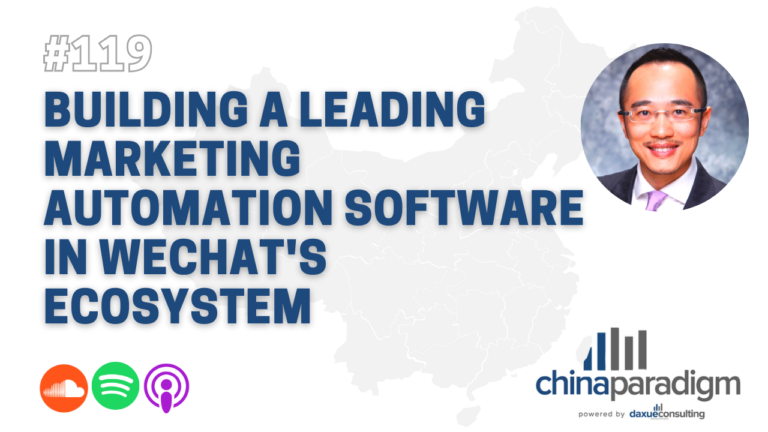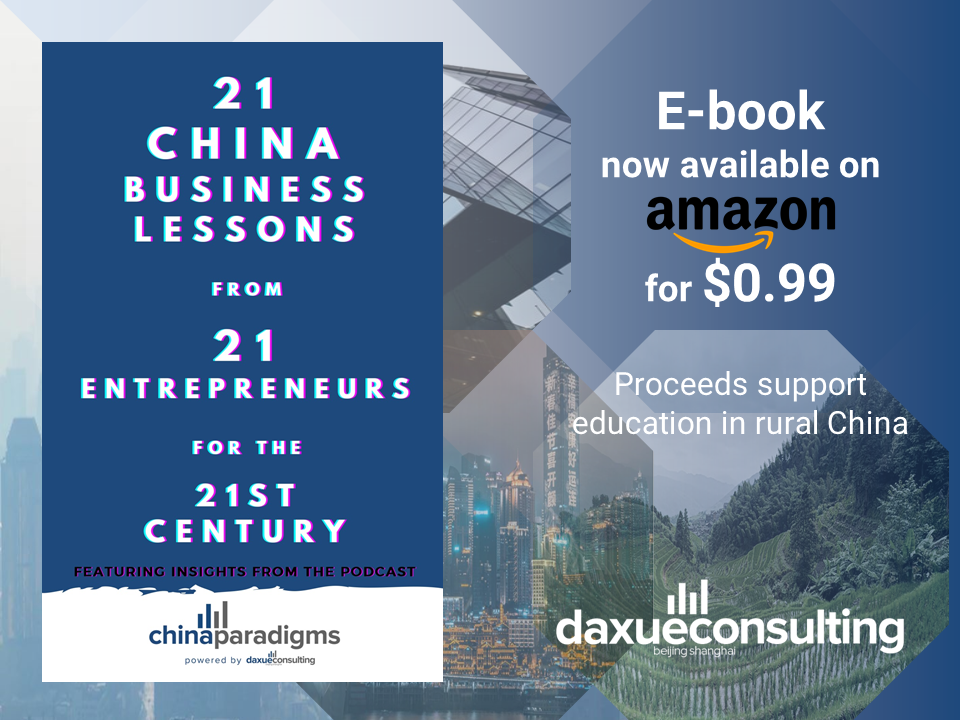Pierre Gilson is a French consultant with 5 years of experience advising businesses on baked goods and pastries in China. Gilson has over 15 years’ worth of international experience working with some of the world’s most recognized food and beverage brands.
After almost five years in China, last year he found Stoneground Consulting. Gilson advises food businesses mostly on an operational basis rather than providing marketing expertise. The French consultant has worked with the likes of Starbucks, Lactalis, and Andros. He mostly advises clients on the kitchen layout design, equipment supply, sourcing ingredients, opening support, menu design, and full team training. All the things are necessary to manage or run a successful bakery in China.
When Pierre Gilson first came to Shanghai five years ago, the market for baked goods and pastries in China was dominated by Paris Baguette, a Korean chain of bakeries. However, there were genuine European bakeries in Shanghai. Things have changed massively over the last few years. More of the world’s top-level pastry chefs and bakers are now in China. Gilson puts this down to the high volume of Chinese people who have lived in Europe and have returned, wanting to access the same high level of baked goods and coffees that they regularly enjoyed while in Europe.
Listen to the full China Paradigm episode 120 on Youtube, Apple Podcast, Spotify, Soundcloud, or Ximalaya.
Marketing advice for selling baked goods and pastries in China
According to Gilson, the best way to promote a new bakery is not through digital media but in-person events. Despite having a smaller reach than a digital campaign, consumers can actually taste the products at events. With Pierre Gilson’s strict adherence to high-quality products, the events can be more effective at really winning over your customers’ hearts and minds.
When it comes to digitally marketing baked goods and pastries in China, Pierre Gilson believes that pictures of delicious-looking food are the best content. When using KOLs or KOCs, it is good to include Chinese ingredients in baking.
“For online pictures and videos, the image of the KOL cutting the cake or putting a spoon inside the cake is powerful. But KOLs or KOCs are most useful because they understand Chinese consumers. If they say they are eating a cake made with Sichuan pepper or some other Chinese ingredient, this will have a strong impression on their audience.”
Pierre Gilson, French baker and founder of Stoneground Consulting
Principles and challenges faced when running a bakery in China
Gilson stresses the importance of quality over quantity. He will not put preservatives in his baked goods, despite the obvious advantages for cafes to bake products less often throughout the day. Also, he believes that mass automation of the baking procedure results in a lower quality of baked goods and pastries. If one aims to run a successful bakery in China, one should attend to quality before a scalable model.
One of the biggest problems that Pierre Gilson faces is finding a steady supplier of very high-quality ingredients. Often supply chains can get disrupted in China, and one may have to incorporate lower quality Chinese ingredients in baking to keep producing the same volume as before. Due to this issue, Gilson sources his ingredients, particularly butter and flour, from outside China. The prices are naturally higher, which explains why baked goods and pastries in China are much more expensive than they would be in Europe.
Gilson says localization is key when selling baked goods and pastries in China. When Gilson initially came to China, he was asked to replicate the same products he had always made in Europe. Still, he quickly modified the products to suit Chinese palates. He went a long way towards winning over Chinese customers who did not have the same cultural habit of regularly visiting cafes and bakeries. Gilson has successfully incorporated Sichuan pepper, goji berries, and matcha into his creations. He has plans to someday include durian, tofu, and other local ingredients into his baked goods and pastries in China.
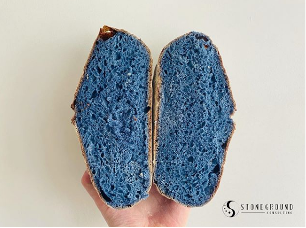
“Alibaba asked us to come to Sichuan and make a documentary incorprating Chinese ingredients in baking. I gathered some Sichuan pepper from the mountain and made a chocolate cake with pineapples roasted in Sichuan pepper inside. It was really well-received.”
Pierre Gilson, French baker and founder of Stoneground Consulting
Gilson’s work with Starbucks and charity organization Shanghai Young Bakers
Gilson worked in the opening of the first Starbucks Reserve Bakery Café in China. His responsibilities included everything from setting up the factory to being ready to serve customers within 6 months. Starting from scratch, Gilson had to pick up the recipes in Europe and find a factory capable of producing the raw materials in China with all the necessary licenses. Then he needed to train a team of chefs who could deliver the first batch to Shanghai café. He had over 700 people working under him in the factory. It was a new and challenging experience for the culinary expert. Gilson was instrumental in Starbuck’s 2019 attempt to run a successful bakery in China.
Gilson is also involved in a charity organization, Shanghai Young Bakers. This organization takes economically marginalized teenagers from the areas surrounding Shanghai. It puts them through a year-long training program. Teenagers will study to become bakers and pastry chefs and improve their English. Further, they will learn valuable industry skills and do internships at 5-star hotels in China. Soon after graduation, they can find decent-paying jobs in the fast-growing market for baked goods and pastries in China.
What you need to successfully run a bakery in China
- Localize the flavors of baked goods and pastries in China.
- When it comes to baked goods and pastries, quality always comes first. Having high-quality ingredients and chefs is more important than a highly scalable model. Or a strong marketing presence. A scalable model means automation. It automatically drops the quality of the goods.
Listen to the full China Paradigm episode 120 on Youtube, Apple Podcast, Spotify, Soundcloud, or Ximalaya.

